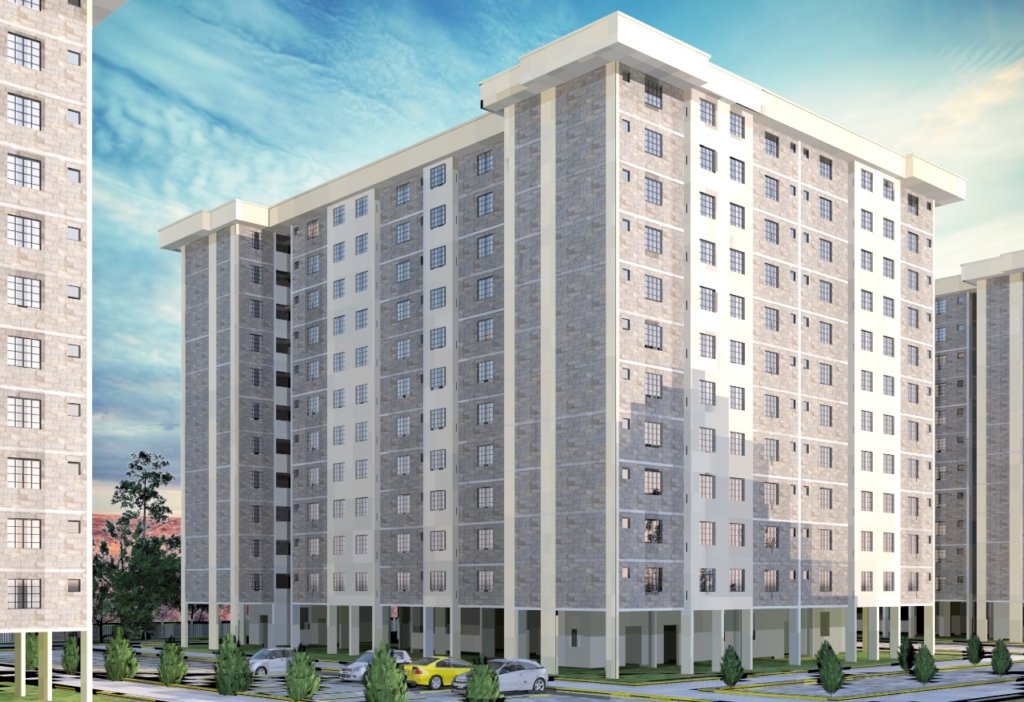Kenya’s real estate market has been gaining momentum over the past decade, raising an important question for potential investors and developers: Is real estate marketable in Kenya?
With rapid urbanization, a growing middle class, and increasing foreign interest, the Kenyan property market offers significant opportunities — but also comes with its own set of challenges.
In this blog post, we’ll explore what makes real estate in Kenya marketable today, who’s investing, where the growth is happening, and how you can get involved.
Why Real Estate Is Marketable in Kenya
1. Urbanization and Population Growth
Kenya’s population is growing rapidly — currently over 56 million people , with projections to hit 85 million by 2050 . This growth fuels demand for housing, especially in major cities like Nairobi, Mombasa, and Kisumu.
📊 According to KNBS, Kenya’s urban population is growing at about 4% annually.
2. Rising Middle Class and Increased Purchasing Power
A growing middle class means more people can afford homeownership or rental investments. This demographic shift is boosting both residential and commercial real estate demand.
3. Government Support and Infrastructure Development
Projects like the Nairobi Expressway , Standard Gauge Railway (SGR) , and affordable housing initiatives are improving connectivity and making remote areas more attractive for real estate development.
Where Is Real Estate Most Marketable in Kenya?
Here are some of the most promising regions for real estate investment:
| Location | Key Highlights |
|---|---|
| Nairobi | Economic capital, high demand for rentals & offices |
| Mombasa | Coastal tourism and expat communities |
| Naivasha | Industrial and agricultural growth |
| Kiambu | Affordable housing near Nairobi |
| Kisumu | Emerging lakeside market |
Types of Real Estate in Demand
Real estate in Kenya is diverse, and the following types are particularly marketable:
- ✅ Residential Properties : Apartments, townhouses, and family homes
- ✅ Commercial Spaces : Offices, retail shops, and warehouses
- ✅ Land Investments : Plots for future development or resale
- ✅ Gated Communities : Security-focused housing estates
- ✅ Student Housing : Near universities in Nakuru, Eldoret, and Thika

Challenges in the Kenyan Real Estate Market
Despite its potential, there are several factors that can affect the marketability of real estate in Kenya:
- ⚠️ Legal Restrictions for Foreigners : Land ownership is limited to leasehold agreements.
- ⚠️ Bureaucratic Hurdles : Title deed processing can be slow and complex.
- ⚠️ Financing Limitations : Mortgages are not widely accessible or affordable.
- ⚠️ Market Volatility : Prices can fluctuate based on economic conditions.
💡 Tip: Always verify title deeds and work with licensed agents and lawyers.
How to Market Real Estate Successfully in Kenya
If you’re selling or promoting real estate in Kenya, here are effective strategies:
- Use High-Quality Property Photography – First impressions matter.
- List on Top Real Estate Platforms – Zimmo, Jiji, and BuyRentKenya are popular.
- Leverage Social Media – Facebook, Instagram, and LinkedIn attract different buyer segments.
- Create Video Walkthroughs – These help reach remote buyers.
- Optimize Listings for SEO – Use keywords like “real estate in Kenya for sale” or “apartments in Nairobi.”
Conclusion: Yes, Real Estate Is Marketable in Kenya
With rising demand, supportive infrastructure, and increasing digital exposure, real estate in Kenya is definitely marketable — provided you understand the local landscape and invest wisely.
Whether you’re buying your first home, expanding your portfolio, or developing new properties, now is a strong time to engage with Kenya’s evolving real estate market.
Frequently Asked Questions (FAQs)
Q: Can foreigners buy property in Kenya?
A: Yes, through a 99-year lease agreement. Full land ownership (freehold) is only allowed for Kenyan citizens.
Q: What is driving real estate demand in Kenya?
A: Urbanization, population growth, infrastructure development, and increased access to financing options.
Q: Which city has the best real estate returns in Kenya?
A: Nairobi remains the top choice due to job opportunities and consistent demand. However, cities like Mombasa and Ruiru are catching up fast.
Q: How long does it take to transfer property ownership in Kenya?
A: Typically between 3 to 6 months, depending on legal processes and documentation.
